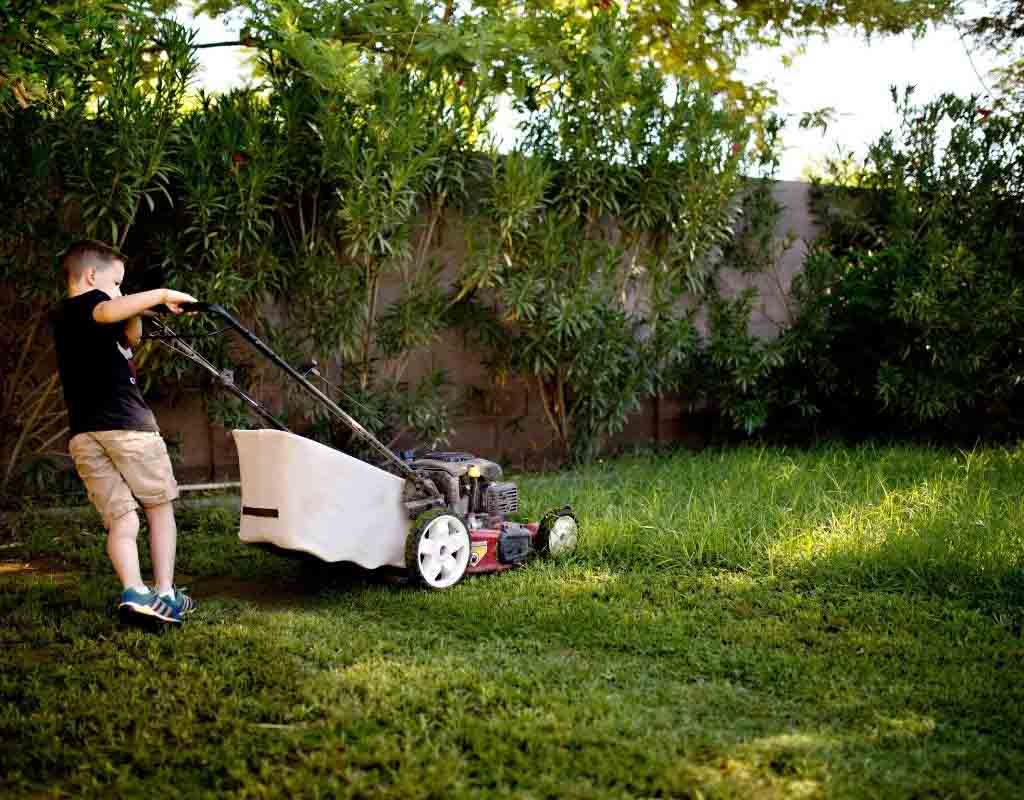Doing a leaflet round with the old family stroller piled high, mowing neighbours lawns, or babysitting are a rite of passage for many and is a great way to earn a bit of money as well as learn about how to be a good worker.
So what do you and your child need to know about getting their first part-time job?
Benefits of part-time jobs
There are many benefits to your child taking on a part-time job. Earning your own money is a great source of pride and builds confidence while learning about how to manage money – and hopefully save. Being able to pay for some of their clothes and entertainment can help you manage the household budget and they also learn a whole range of other skills including timekeeping and the importance of reliability.
Depending on the job they might learn how to be part of a team, the unwritten rules of working with others, and develop their communication and customer service skills. They might also learn that they don’t want to do that sort of work full-time and help give them focus for their studies – or conversely they might be taking the first step of a rewarding career.
Finally, having a part-time job is something to put on their CV and can be helpful when applying for other jobs, to get in to halls of residence at tertiary institutions, and some training courses.
Types of jobs
Where you live will in many instances will dictate the types of jobs available. If you have neighbours, lawn mowing, taking out and bringing in the bins, housework, cleaning, dog walking, and babysitting could be options. In urban areas local paper and pamphlet delivery jobs are often available, some pharmacies may have prescription delivery jobs or your local shops and businesses might need part-time workers. Some areas have seasonal work such as fruit picking, thinning, or pruning.
Finding a job
Firstly, identify when they are available to work. If, for example, they are at school plus play sport and have music lessons you might find that they don’t actually have a lot of spare time during the term so you are better to focus on school holiday jobs. Your child who attends school but has evenings and weekends free might be able to do one or two regular shifts somewhere each week.
Encourage your child to put together a ‘CV’ type document with their contact details, some information about themselves and explaining what sort of work they are looking for – this can be used as a form of business card while also serving to clarify their goals.
There are many routes you can help your child explore when looking for a job. Networking is often the most successful way to find a job. Encourage your child to contact friends and family who might have jobs available or who might be able to point them in the right direction. They should email, text, or drop a note in the letterbox explaining what they are seeking and include a timeframe in which they will follow up with a phone call. Because the favoured communication for kids is definitely not by phone call you might like to practice what they will say first!
Other sources of part-time work they can check are Facebook Marketplace, the community notice board at your local supermarket, TradeMe Jobs, and your local newspaper. You could also tap into the power of your social media presence on their behalf and do a post on their behalf including their ‘CV’.
Paying tax
The type and amount of work your child is doing will dictate if they are going to pay tax on their earnings. While technically when you earn money you have to pay tax, if your child is under 14, or aged 15-17 and still at school then they don’t have to pay tax on income less than $2,340 per year. You can find out more about this here.
If your child is working in a business and is paid via a payroll they are best to get an IRD number as this will mean they pay the correct tax and then can claim any overpayment back at the end of the financial year. They can apply for an IRD number here.
If your child is under 18 years old and wants to join Kiwisaver, you (their legal guardian) will need to give consent for them to join.
Contracts and rules
There are many different ‘types’ of job status in New Zealand including part-time and full-time, permanent and fixed term, and with these come responsibilities for both the employee and employer. If your child is enterting into a formal employment relationship, check carefully that their contract is correct and that things like holiday pay are factored in.
You can find out more about employment types here.
There is no minimum wage for employees under the age of 16 years and between 16 and 19 years they can be paid a different rate than adults. Under the age of 16 your child should not be employed in school hours or between the hours of 10pm and 6am.
You can find out more about your child’s employment rights and restrictions here.
What was your first part-time job and how much were you paid?
See more:
 Written by Robyn
Written by Robyn
Robyn creates content on Kidspot NZ. Her hobbies include buying cleaning products and wondering why things don’t then clean themselves, eating cheese scones with her friends, and taking her kids to appointments.
Favourite motto to live by: “This too will pass”







Leave A Comment
You must be logged in to post a comment.